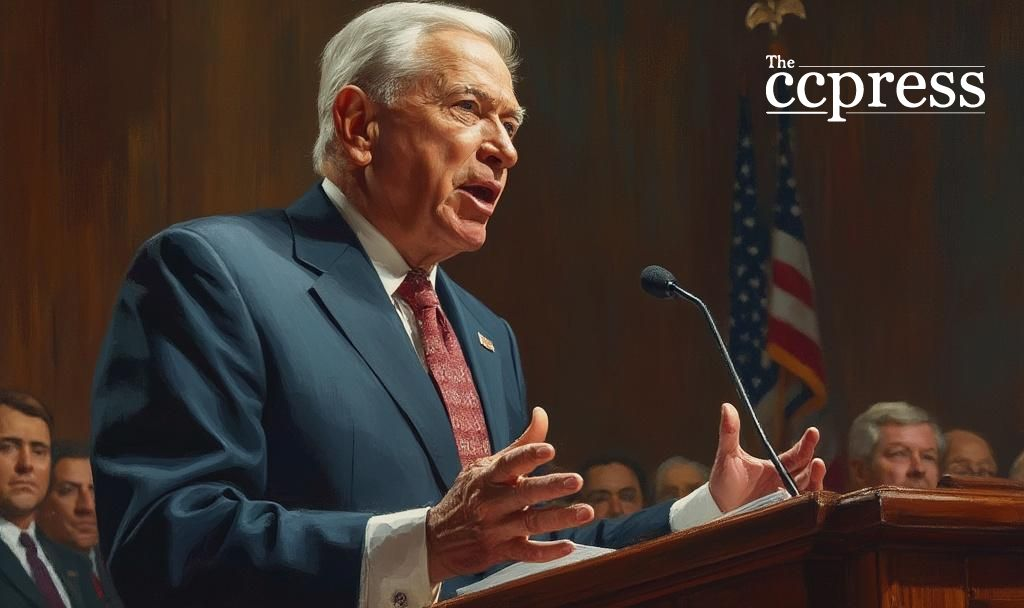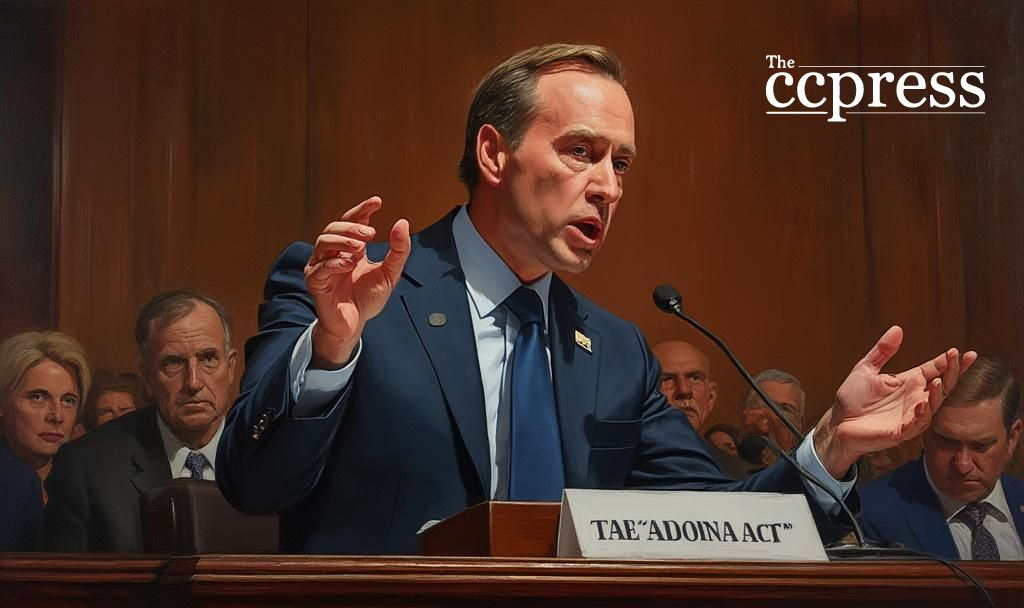- COIN Act restricts crypto activities of top officials.
- Schiff’s proposal aims to enhance government ethics.
- Focus on preventing misuse of public office for profit.

Senator Adam Schiff introduced the COIN Act in Washington today, targeting crypto activities of the president, vice president, and their families to prevent conflicts of interest.
The COIN Act, led by Senator Schiff, addresses ethical concerns regarding crypto assets and public office misuse. It mandates restrictions to protect governance integrity.
Focuses on potential crypto-related ethical conflicts among US leaders.
Discusses former President Trump’s crypto ties, highlighting transparency issues in financial disclosures.
Key players include Senator Schiff and former President Trump, whose crypto income disclosures influenced this legislative move. The proposed changes prevent high-ranking officials from engaging in crypto activities that could lead to financial misconduct.
“The legislation is necessary to prevent the misuse of public office for personal financial gain.” – Adam Schiff, Senator, United States Senate
The COIN Act’s implications could potentially curb certain crypto market activities, particularly in relation to stablecoins. It signifies a move to hold government figures accountable for financial transparency and integrity in public office.
Schiff’s legislation seeks to create a clear boundary between public responsibilities and private financial interests. The move may also lead to broader dialogues on crypto policy and ethical governance.
The proposed act not only aims to foster transparency but also encourages future scrutiny of crypto involvement among officials. It is aligned with ongoing efforts to ensure ethical conduct in political contexts.
| Disclaimer: The content on The CCPress is provided for informational purposes only and should not be considered financial or investment advice. Cryptocurrency investments carry inherent risks. Please consult a qualified financial advisor before making any investment decisions. |






























